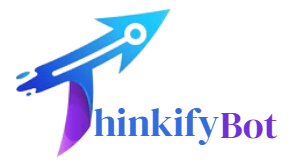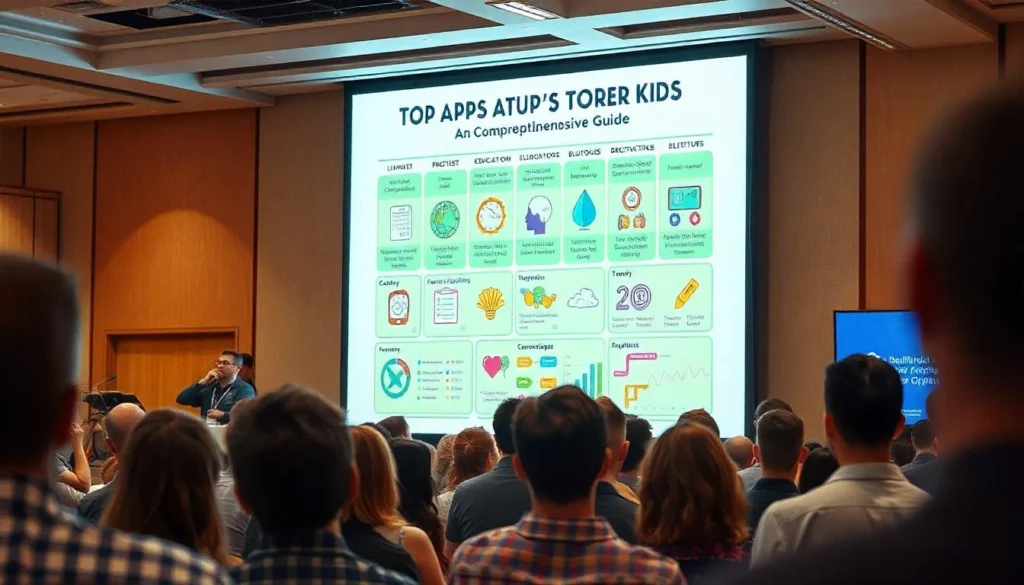In today’s digital era, educational apps have transformed how children learn, making education more interactive, engaging, and accessible. With a vast range of options available, choosing the right app for your child can be overwhelming. This article provides a well-researched summary of the top educational apps for kids, categorized by subject, along with expert insights on their effectiveness.
The Importance of Educational Apps in Child Development
Educational apps offer an interactive learning experience that enhances children’s cognitive, language, and problem-solving skills. According to a study by the Joan Ganz Cooney Center, high-quality educational apps can improve literacy and math skills in young children. Additionally, a report by Common Sense Media highlights that digital learning tools can support classroom education and help children develop self-paced learning habits.
Best Educational Apps for Reading
1. ABCmouse (Ages 2-8)
Features:
- Comprehensive early learning program covering reading, phonics, and vocabulary.
- Interactive lessons, games, and puzzles tailored to different skill levels.
- Progress tracking for parents and educators.
Benefits:
ABCmouse provides a structured learning path that builds foundational literacy skills. Research from the American Institutes for Research found that students using ABCmouse showed significant improvements in early reading skills.
2. Epic! (Ages 4-12)
Features:
- Digital library with over 40,000 books, audiobooks, and educational videos.
- Personalized reading recommendations based on a child’s interests.
- Read-to-me feature for young learners.
Benefits:
Epic! fosters a love for reading by offering a vast selection of books, encouraging independent learning and comprehension.
Best Educational Apps for Math
3. Prodigy Math (Ages 6-14)
Features:
- Game-based learning with math challenges tailored to each child’s level.
- Curriculum-aligned content covering arithmetic, geometry, and algebra.
- Adaptive learning system that adjusts difficulty based on performance.
Benefits:
A study published in the Journal of Educational Computing Research found that game-based math learning apps like Prodigy enhance students’ engagement and retention of mathematical concepts.
4. DragonBox Numbers (Ages 4-8)
Features:
- Visual-based learning that helps young kids understand numbers and basic arithmetic.
- Hands-on puzzles and games for intuitive learning.
- No ads, ensuring a safe learning environment.
Benefits:
DragonBox Numbers is ideal for introducing foundational math skills in a fun and engaging way, making abstract concepts more accessible for young learners.
Best Educational Apps for Science
5. Toca Lab: Elements (Ages 6-10)
Features:
- Interactive experiments that introduce kids to the periodic table.
- Fun animations and simulations of real scientific reactions.
- Encourages hands-on exploration and curiosity.
Benefits:
Toca Lab simplifies chemistry for young minds, fostering an early interest in STEM subjects through play-based learning.
6. BrainPOP Jr. (Ages 5-9)
Features:
- Animated educational videos on science, health, technology, and social studies.
- Quizzes and activities to reinforce learning.
- Teacher-approved content aligned with school curriculums.
Benefits:
BrainPOP Jr. makes science and other subjects engaging, helping children understand complex concepts through storytelling and visuals.
Best Educational Apps for Creativity
7. Toca Life World (Ages 4-12)
Features:
- Open-ended game that allows kids to create their own stories and characters.
- Multiple locations and scenarios to explore.
- Encourages imaginative and narrative play.
Benefits:
Toca Life World nurtures creativity and storytelling skills, making it a great tool for self-expression.
8. GarageBand (for iPad) (Ages 7+)
Features:
- Digital music studio with a variety of instruments and sound effects.
- Allows kids to compose and record their own music.
- Intuitive and user-friendly interface.
Benefits:
GarageBand is perfect for young musicians, helping them explore their musical talents and develop creativity in audio production.
Conclusion
Educational apps play a crucial role in modern learning, offering personalized and interactive experiences for children. Whether enhancing literacy, math, science, or creativity, these top-rated apps provide valuable resources for parents and educators. By choosing the right apps, children can develop essential skills in a fun and engaging way, paving the path for lifelong learning.
Would you like any modifications or additional apps added to the list?


